WORLD LANGUAGES
MAJOR IN WORLD LANGUAGES AND CHOOSE YOUR AREA OF EXPERTISE
“Every language is a World Language”
— Dr. Tamara Cox
“Every language is a World Language”
— Dr. Tamara CoxSUPPORT YOUR PROGRAM WITH COURSES IN INTERCULTURAL STUDIES

“If you talk to a man in a language he understands, that goes to his head. If you talk to him in his language, that goes to his heart.”
― Nelson Mandela
World








• Around 1 million people use ASL to communicate.
• ASL is one of 300 specific sign languages used around the world.
• Once you learn ASL, it’s easier to learn another sign language.
• ASL is the 3rd most studied language in the United States.
Choose ASL to communicate with others who are deaf or cannot speak. With a degree in ASL, someone can be hired as a sign language interpreter for a conference, a school or even a concert. People with ASL degrees can pursue a doctoral degree in audiology: Doctors specialized in hearing healthcare. Those with a passion for teaching can use their degree to teach ASL to families or students.
ASL is the third most learned language in the US, with only around 39 national colleges offering a full degree in ASL.

World Languages with a concentration in
• About 500 million people speak French worldwide.
• Over 50 countries use French as an official or major secondary language.

• French is one of the official languages of the United Nations, Interpol, the Olympic Games, the US-Mexico-Canada Agreement, and the World Health Organization.
Any student who wants to work internationally or with organizations with international connections should learn some French. The language is widely spoken in North America, Europe, and Africa. Employers look for language skills on resumés, and French will help you work with international clients and be accepted into competitive fields. For example, the CIA is often looking for recruits with French skills.
“French is the second most used language in the world today across borders. If you are interested in working internationally, French is for you.”

—Dr. Tamara Cox
World Languages with a concentration in
• German is a largely used language in business and politics; it is the most common native language in Europe.

• Germany has the largest economy in Europe and a leading role in the European Union

• Many German athletes are top in their sports compared to anywhere else.
Students who desire to work in international business, international affairs, and politics will be prepared to communicate in Europe. The language provides insight and support for students who are studying religion, philosophy, literature, engineering, science, and mathematics. Being able to communicate in German can open doors for students going into the ministry or international athletics.
World Languages with a concentration in
• There are over 40 million people in the U.S. who speak Spanish.


• Spanish is the second largest language in the United States.


• Latin American countries are America’s most important trading partners.
Students entering the field of business will be more competitive in the workplace. Companies value bilingual employees who can communicate with customers in their own language.
In the field of education, Spanish language teachers prepare their students for success in college and introduce them to a different culture. Teachers of any discipline who know Spanish can also enhance learning in their classrooms and communicate with English Language Learners.
Those who enjoy traveling will be able to visit a Spanish-speaking country, engage with the people and learn more about their way of life.

World Languages with a concentration in
If you love languages, think about sharing that love with children and teens. You can teach in small groups or work in teams and across the curriculum. You’ll have an impact on learners in high-stakes language learning.
The GWU program supports the requirements for the N.C. K-12 license in French, Spanish, and ESL. The state of North Carolina has a critical need for language teachers. Opportunities exist in public and private schools at all levels of instruction.
• Do you love young learners? Think ESL.
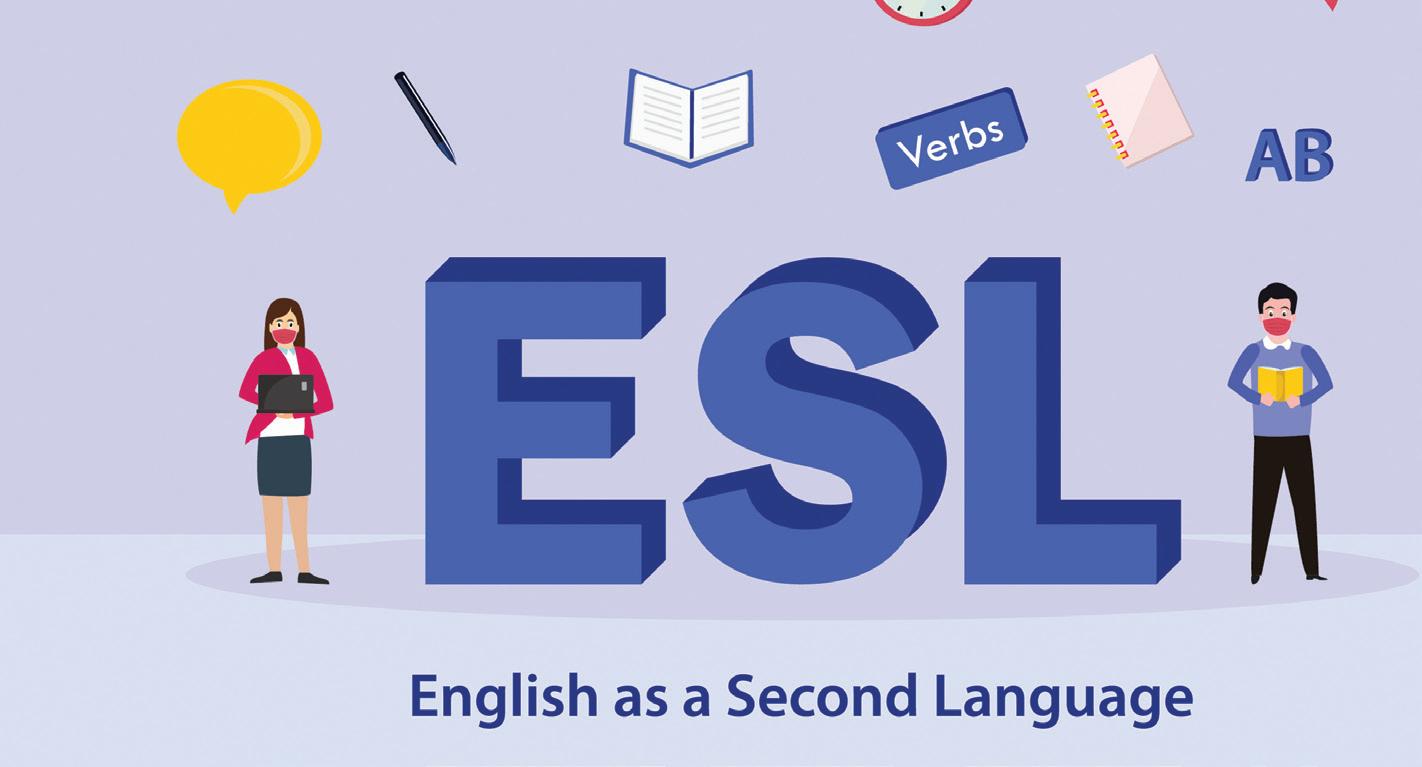
• Do you love adolescents? Think Spanish.
• Do you love teenagers? Think French or Spanish.
Autonomy – there are no end of grade exams (EOGs). You can share your love for a language and its cultures and provide learners with a real-life skill.
• Can let their creativity flow.
• Really know their learners as they are teaching communication.
• Provide something different in cultural packaging to the curriculum.
• Use the largest variety of techniques in the classroom, so it’s always interesting.
• Help students learn by doing, rather than by memorization.
Additional Benefits of working for a public school system:
• Insurance and opportunities for early retirement.
• Involvement in a variety of programs and activities.
M. Div., B.S. in American Sign Language
Joined the Gardner-Webb faculty in 2002 as an adjunct professor of ASL in the Department of World Languages, Literature, and Culture. In 2006 he became a full-time instructor of ASL. He also served as a pastor to the deaf at the First Baptist Deaf Mission in Charlotte, N.C. Mr. Moore is American Sign Language Teaching Association (ASLTA) certified and is a trained Sign Language Proficiency Interview (SLPI) evaluator. He was one of the founding members of the World Congress of Deaf Baptists and currently serves on the board for the Deaf Pathway Global, which provides visual-based approaches to Bible translation for the Deaf in 15-plus countries.
B.S. in Communication Studies, M.S. in Sign Language Teaching
Joined the Gardner-Webb faculty in 2013 as an adjunct professor, and, in 2014 he became a full-time Instructor in ASL in the Department of World Languages, Literature, and Culture. Mr. Gribble is American Sign Language Teaching Association (ASLTA) certified, and is a trained Sign Language Proficiency Interview (SLPI) evaluator. Prior to Gardner-Webb, Mr. Gribble worked at the South Carolina School for the Deaf and the Blind as a Residential Teacher and a Basketball Coach. Mr. Gribble is active in the Deaf Ministry at First Baptist Church of Spartanburg and the S.C. Baptist Conference of the Deaf. He also is active with the North Carolina American Sign Language Teachers Association.
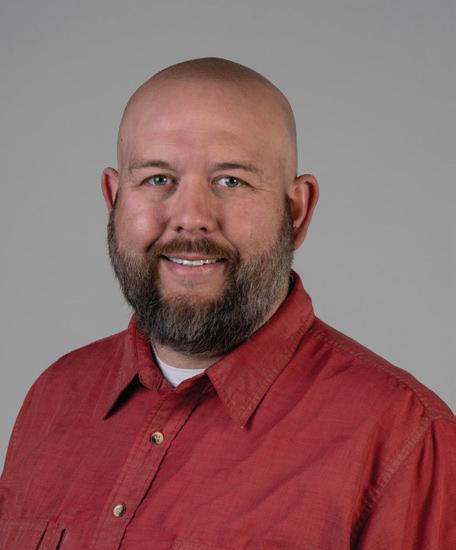

B.A., M.A., University of Mississippi; Ph.D., University of North Carolina at Chapel Hill
Has taught French since 1986 in various universities in the United States. She coordinates the French program and the second language education program in French, Spanish, and ESL. She is the faculty sponsor for Pi Delta Phi, the National French Honor Society and for MOSAIC, the French language club. Her area of specialization is the French novel and second language pedagogy. She is well traveled and has presented and published work on various subjects. She has worked for the State of North Carolina on second language and ESL licensure policies.
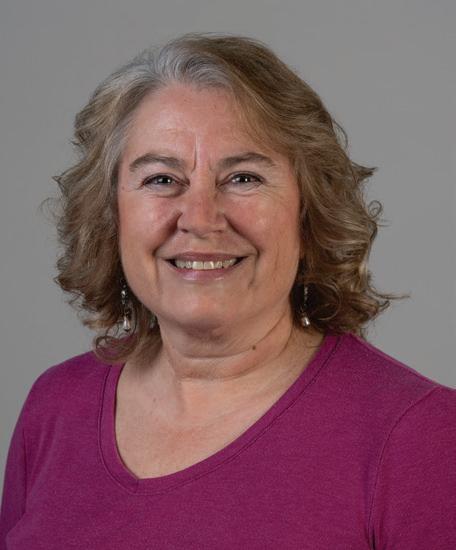
Ph.D., McGill University; M.A., University of Waterloo – Ontario;
B.A. Equivalent, University of Mannheim – Germany
Born in Germany, his research interests are medieval literature, literature and national identity, and cultural studies. He published several books and articles on the Nibelungenlied, the reception of medieval literature, and the role of literature in the context of German nationalism, and the role of German as a second language in the U.S.

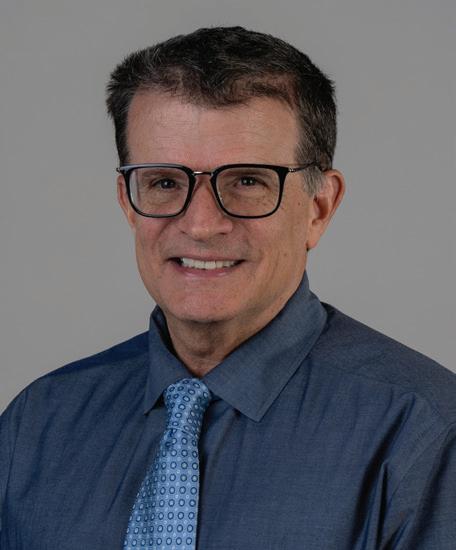
Ph.D., University of North Carolina at Chapel Hill; M.A., George Mason University; B.S., University of Tennessee at Knoxville
Holds degrees in communications and Spanish. He has spent over two years living, studying, traveling, and working in Spain and Latin America during his career. He has taught Spanish at Gardner-Webb since 1997, and since 1984 has been an administrative interpreter for the international visitors program of the U.S. Department of State in Washington, D.C. Dr. Moore has published one book and over 30 peerreviewed articles in scholarly journals in the U.S. and the Hispanic world.
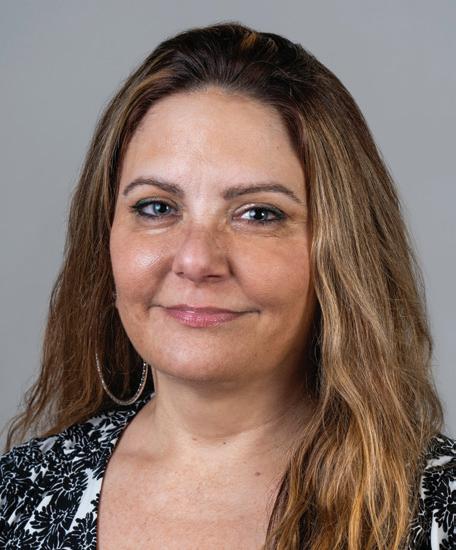
B.A., M.A., Ph.D., University of Kentucky
Earned her Master of Arts and her Women’s’ Studies Certificate from the University of Kentucky in 1998. Dr. Phillips has directed the study abroad program in Costa Rica at Gardner-Webb since 2001. Additionally, she spearheaded the development and implementation of the Hispanic Film course now taught for Spanish majors at Gardner-Webb. She has traveled to Spain, Mexico, Venezuela, and Costa Rica and teaches all levels of Spanish language, literature, culture, history, and film.
MS, NIC-Advanced, LITP
An advanced nationally certified interpreter, Ms. Grant has graduate degrees in legal and medical interpreting, and a master’s degree in Interpreting Pedagogy. She has interpreting experience in various settings, and administration experience in applying state interpreting licensure regulations to corporate policy for a national interpreting company. She lives in a bilingual English/ASL household with Deaf family and is a proud member of her local Deaf community. In 2010, she was awarded a certificate of special congressional recognition for contributions to the local Deaf community.
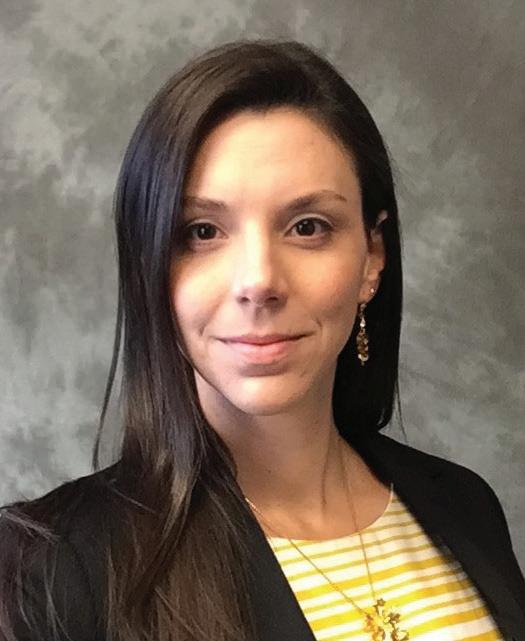
“Learning another language is not only learning different words for the same things but learning another way to think about things.”
― Flora Lewis